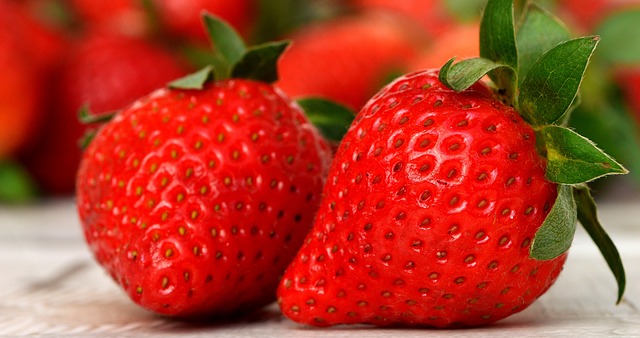Have you ever heard of probiotics? If not, you’ve come to the right place. Probiotics are living bacteria and yeasts that have been shown to benefit our health, particularly our gut health. In this beginner’s guide to Probiotics 101, we’ll cover everything you need to know about probiotics and their benefits.
What are probiotics?
Probiotics are living microorganisms that can be found in food, supplements, and some skincare products. These bacteria and yeasts are similar to the beneficial microorganisms that live naturally in our bodies, particularly in our intestines.
Probiotics are believed to be essential for our overall health and well-being. They can improve digestion, strengthen our immune system, and prevent harmful bacteria from growing in our gut. Probiotics can be obtained naturally and through supplements, though they’re often found in fermented foods like kimchi, sauerkraut, and yogurt.
Benefits of Probiotics
Probiotics offer a range of benefits, most notably improving digestion. This is primarily because they help break down and absorb nutrients from food, which is essential for our body’s overall function.
Additionally, probiotics can improve our immune system by stimulating the production of antibodies and white blood cells. They can also prevent harmful gut bacteria from growing. This can help prevent infections and illnesses, ranging from the common cold to urinary tract infections.
Types of Probiotics
Not all probiotics are created equal. There are many different strains of bacteria and yeasts that are considered probiotics, but each has a unique set of benefits.
The most common types of probiotics include lactobacillus and bifidobacterium. Lactobacillus can be found in the small intestine and helps break down food. It’s also often found in fermented foods like yogurt. Bifidobacterium is found primarily in the large intestine and helps break down complex carbohydrates.
How to Incorporate Probiotics into Your Diet
Incorporating probiotics into your diet is relatively easy. One of the simplest ways is to eat fermented foods like yogurt, kefir, and sauerkraut. These foods contain live cultures that provide your gut with beneficial bacteria.
Another option is to take a probiotic supplement. These supplements come in different forms, including capsules, powders, and liquids. It’s important to read the label to ensure you’re getting a high-quality product with a sufficient number of live bacteria.
Finally, you can also opt for probiotic-enriched foods like cheese and granola bars. These foods are becoming increasingly common in grocery stores and are an easy way to incorporate probiotics into your diet.
Are There Any Risks to Taking Probiotics?
While probiotics are generally safe for most people, there are some risks to consider. For example, some people experience mild digestive discomfort when they first start taking probiotics. This is often temporary and resolves itself as your body gets used to the new bacteria.
Additionally, people with weakened immune systems or serious illnesses should be cautious when taking probiotics. There have been rare reports of serious infections in people with compromised immune systems who take probiotics.
In Conclusion
Probiotics are a fantastic addition to any healthy lifestyle. They can improve digestion, boost our immune system, and prevent harmful bacteria from growing in our gut. Whether you choose to eat fermented foods or take a supplement, incorporating probiotics into your diet is a great way to support your overall health.







